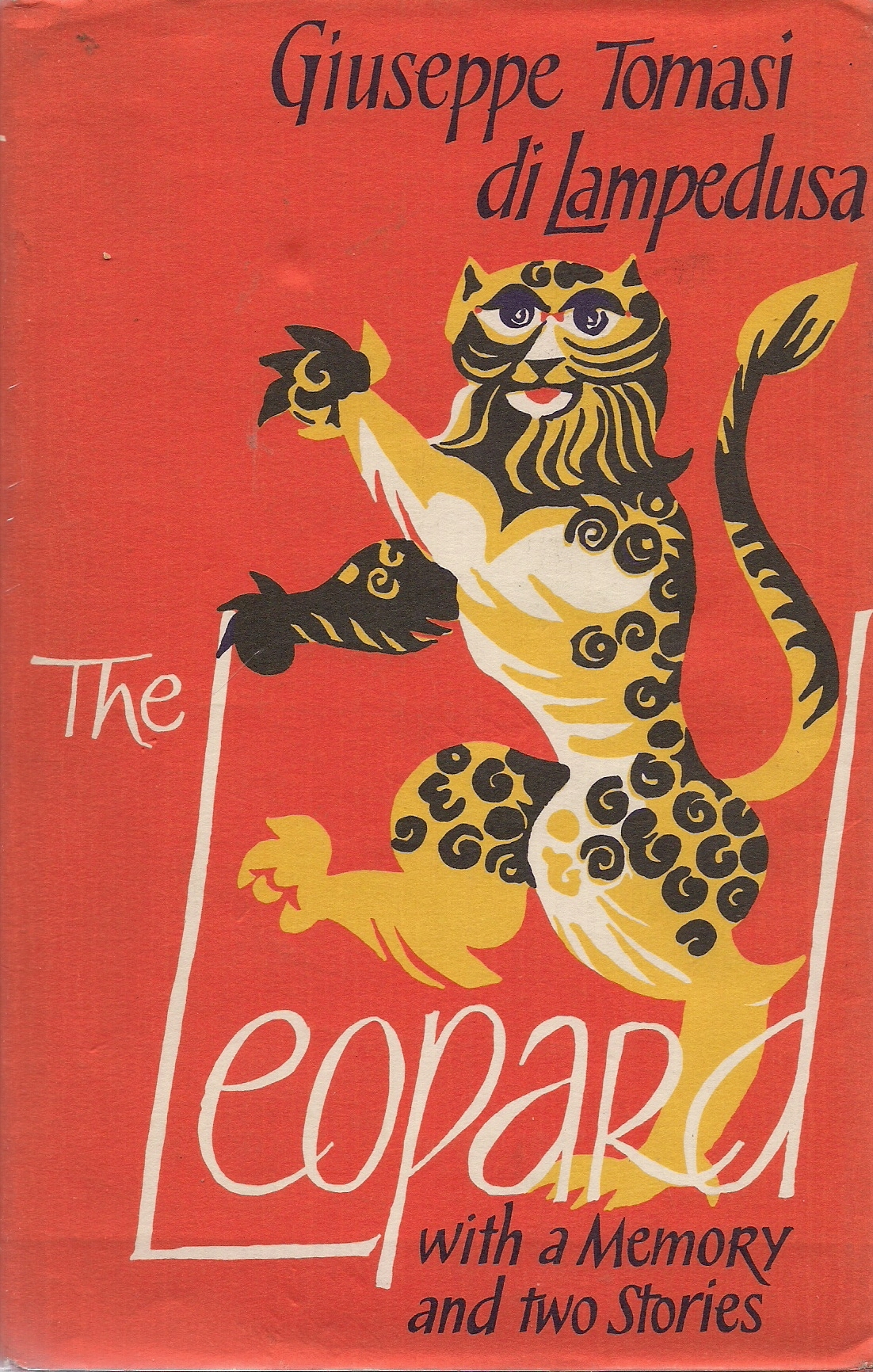What do you think?
Rate this book


300 pages, Hardcover
Published December 1, 1986
While neorealism centred on low-class characters and unveiled the crude reality of fascist Italy, The Leopard is the saga of the aristocratic Sicilian family of the Salinas (whose coat of arms bears a leopard). (1001 Books You Must Read Before You Die, Edited Peter Boxall, ABC Books, 2006 edition, p. 520)
From 1860 to 1910, a series of events affects the microcosm of the protagonist, Prince Fabrizio, and his relatives, as well as the macrocosm of the Italian nation. In Italy’s south, the Bourbon kingdom is crumbling under the impetus of Garibaldi, and the Kingdom of the Two Sicilies is being joined with the rest of the country; however the end of Spanish colonisation coincides with the death of the aristocracy, which had long been supported by the feudal system and which is being supplanted by the bourgeoisie. The Leopard portrays the melancholy of that loss. (1001 Books, again)